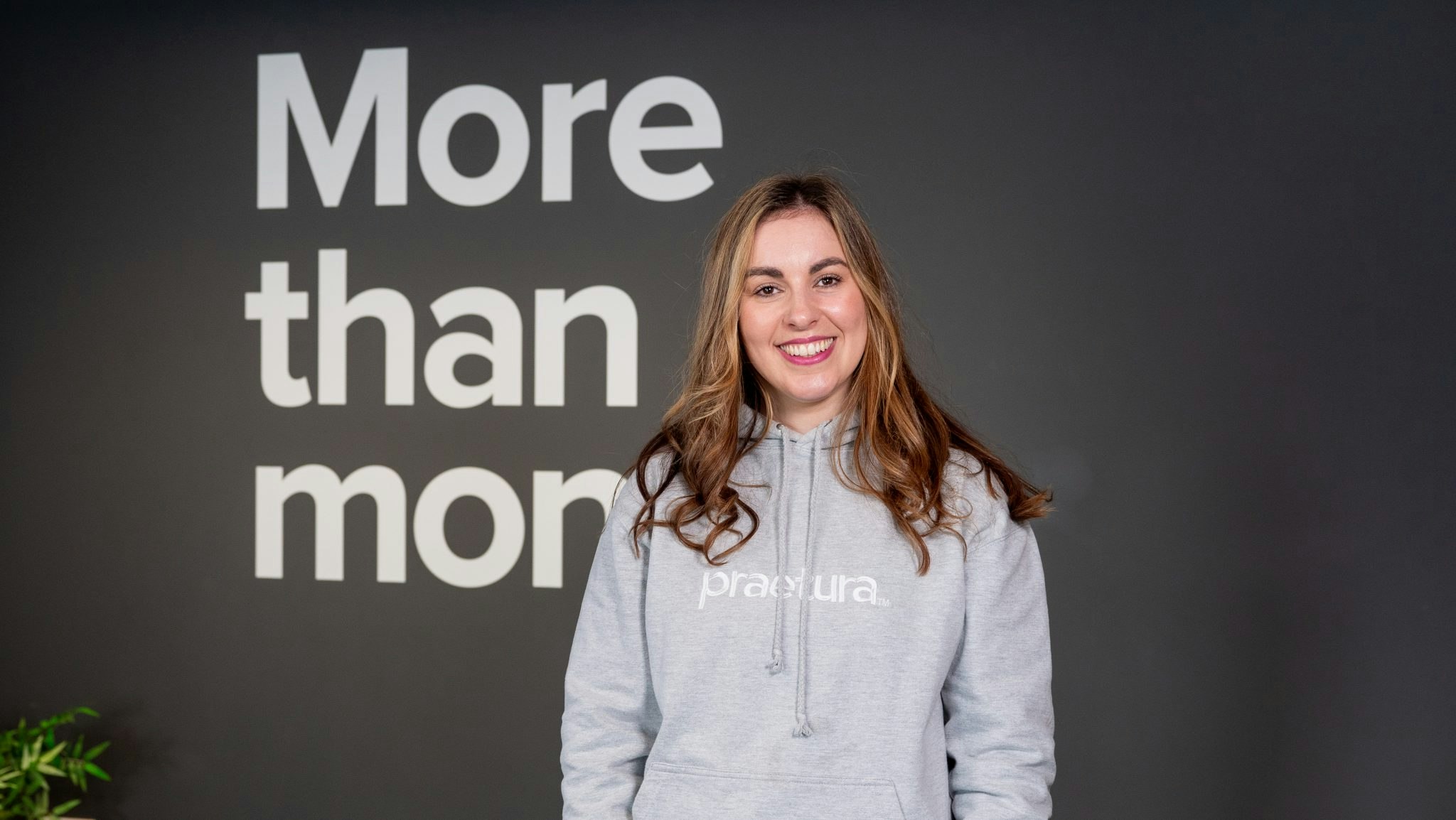London-based VC Bethnal Green Ventures (BGV) has secured a first close of £33m for its biggest fund yet, which will back up to 100 startups over the next four years through its flagship Tech For Good Programme. It’s a big step up from its last institutional fund, which closed at £3m in April 2019; since 2019, it's been investing out of this, plus £3m worth of SEIS and EIS funds.
The firm is targeting a total raise of £50m by May 2024, and counts the British Business Bank and M&G Capital amongst its LPs.
Its six-week programme offers all successful applicants a £60k investment for 7% equity; it’s supported 177 startups since its launch in 2012, and is currently open for applications for its next cohort in March 2024.
BGV says it will also be able to make follow-on investments of up to £1m at pre-seed and seed into the most promising companies. To date, managing partner Paul Miller says around 50% of companies that finish the programme have received follow-on funding.
Early-stage impact
BGV started raising the capital for the new fund two years ago, and Miller says the fundraising environment remains “tricky” — but adds that the “best LPs” are coming round to the idea that impact investing can lead to solid returns.
LPs backing the fund’s first close include:
- British Business Bank, through its Enterprise Capital Funds programme aimed towards boosting equity investments into early-stage companies
- M&G Catalyst, a £5bn fund from global asset manager M&G Investments
- UK-based social impact investor Big Society Capital
- Peter Bristot, managing director of 22 Ventures, a German impact VC and venture builder
The programme targets startups in the very early stages — an average of 79% of applicants hadn’t raised any money before applying, and a company doesn’t have to be incorporated yet in order to be accepted. Miller says that early-stage startups are still struggling to secure VC cheques. “Many founders we work with have had to adjust their timelines, and work even harder to get in front of investors who are actively deploying capital,” he says.
Startups must be based in the UK to be eligible for investment, or plan to be incorporated there with BGV’s support. Of over 500 applicants, BGV says that 10-12 teams are selected per cohort, and two programmes run each year.
What counts as tech for good?
BGV’s definition of tech for good startups includes those working in sustainability and climate solutions, companies that are trying to promote an inclusive society through bridging gaps in education, fair work and social justice, and healthtechs improving quality of life. While successful applicants are typically evenly spread across these three sectors, Miller says that over the past two years, BGV has seen a rise in climate tech and healthtech applications — particularly in mental health.
The firm also aims to allocate at least half of the investments made out of the new fund to female-founded ventures.
“Tech for good” companies have been somewhat of a contentious sector in recent years — some question whether the financial potential of impact startups can realistically rival regular tech companies, while others are dubious as to whether philanthropic motivations can be compatible with striving for profitability.
But BGV managing partner Melanie Hayes reckons that the proof that impact startups are viable businesses will be evident in the near future: “We firmly believe the companies at the top of the FTSE and the Nasdaq in 10-20 years time will be those that can demonstrate their positive social and environmental impact as well as their financial success,” she says.


